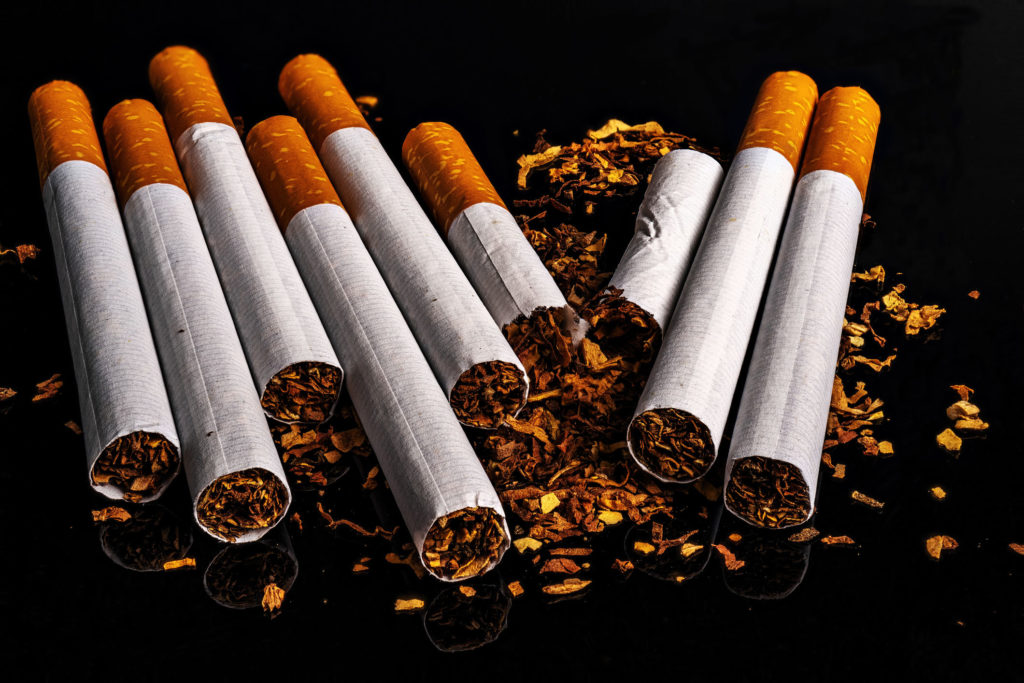
This year has seen significant progress in the fight against illicit tobacco trade. These results are a source of hope not only for legal tobacco operators (such as Continental Tobacco Group), but also for society as a whole: reducing the black market can directly contribute to alleviating public health problems.
Illegal trade in tobacco products causes significant losses in tax revenues while making it increasingly difficult for legitimate businesses to operate. Last year, National Tax and Customs Administration of Hungary (NAV) dismantled several illegal cigarette factories and warehouse networks, seizing a record amount of contraband: nearly 75 million cigarettes and 95 tons of cut tobacco were removed from the black market. The total amount of tobacco products seized exceeded 118 million cigarettes and 119.6 tons of tobacco.
Tamás Demeter, Deputy Commissioner for Criminal Investigation and Law Enforcement, pointed out that three illegal cigarette factories were dismantled in 2024, compared to one or two per year in the past. Market feedback also shows that the availability of illegal cigarettes in Hungary has decreased thanks to the NAV.
The authorities not only dismantled large-scale production capacities, but also uncovered several cottage tobacco production activities, mainly in Szabolcs-Szatmár-Bereg and Hajdú-Bihar counties. In these cases, local offenders produced tobacco products with their own machines, such as home shredders, scales and packaging machines.
Cigarette smuggling continues to be a serious challenge. Vehicles specially adapted for smuggling – for example, with double chassis or secret compartments in different parts of the body – are often intercepted at the “green line”. But criminals aren’t stopping there: drone cigarette smuggling is also on the rise. Fixed-wing drones – capable of carrying up to 300 cartons of cigarettes – are now being used along the Ukrainian border.
It is important to emphasize that illicit tobacco products pose not only an economic but also a serious health risk. They are produced in completely uncontrolled conditions, and the sanitary conditions are often disastrous. The quality of black market products is not guaranteed and they may often contain harmful substances. Buyers not only put their own health at risk, but can also indirectly finance organized crime and even terrorism.
The key to successful implementation is close cooperation between industry and government. Tax policiesshould also take into account consumer demand for tobacco products and purchasing power, as too rapid a tax increase could lead to a strengthening of the illicit market. In addition, stricter regulation of next-generation tobacco products, such as disposable e-cigarettes, is essential. Industry players such as the Continental Tobacco Group are actively involved in the fight against the black market and support the protection of the legal trade through various professional initiatives.